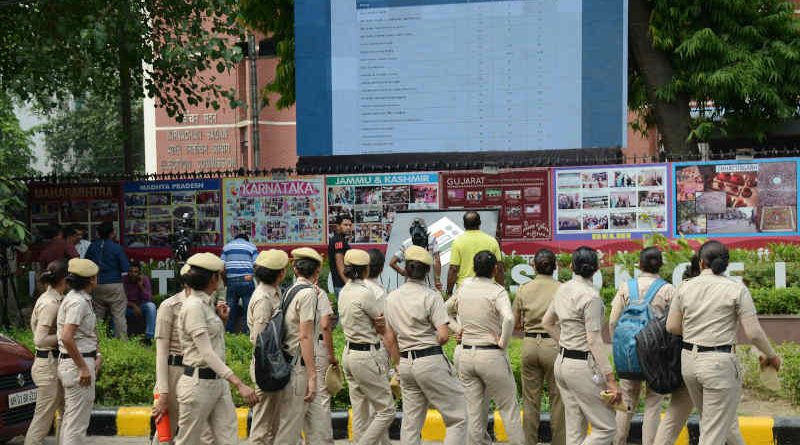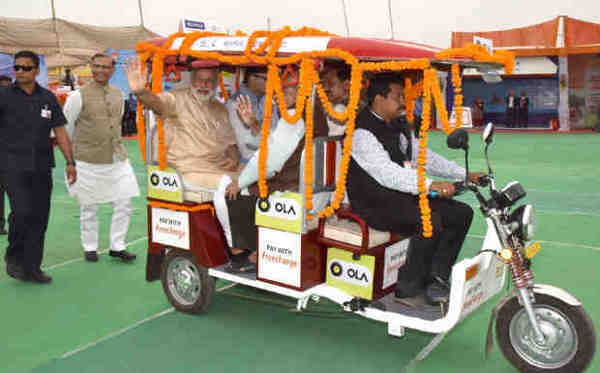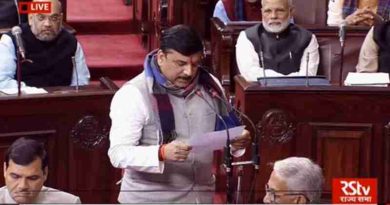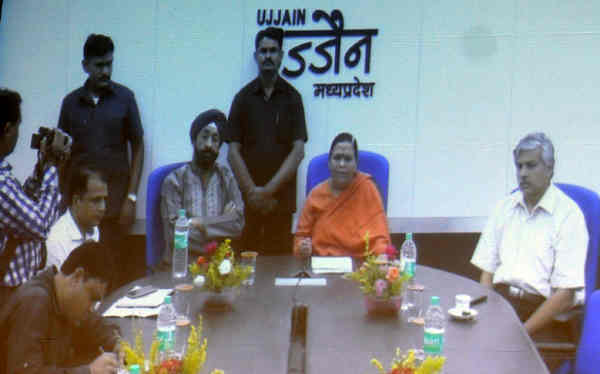Is India Ready to Embrace Social Democracy?

Nordic countries (Denmark, Finland, Iceland, Norway, and Sweden) have successfully used social democracy to achieve socio-economic development.
By Rakesh Raman
Although most political ideologies in India are directionless, their underlying objective is to achieve true independence for India by ensuring equality for all.
However, even after 70 years of India’s independence, there is a yawning rich-poor divide while a handful of people control a large part of country’s wealth. As a result, rich are getting richer and poor are getting poorer.
Obviously, there are some serious flaws in the political paradigm that India follows. While a refined form of socialism – or social democracy – is the answer to India’s growing ills, the country of 1.3 billion people is buried under the cruelest form of capitalism.
Russian communist revolutionary Lenin believed that socialism is an integral part of democracy. Lenin had preached the idea of social democracy in 1905.
Social democracy is a political concept that promotes the existence of a welfare state within the framework of a capitalist economy like India. Most communists believe that social democracy, which is an evolutionary political process to achieve socialism, can help build an egalitarian society.
However, many political pundits fail to put the concept of social democracy into perspective. They fail to express that there is a distinct disagreement between the concept of social democracy introduced by Lenin and the socio-economic model (often termed as orthodox Marxism) proposed by the German philosopher Karl Marx.
Social Democracy and Class Struggle
Although the Nordic countries (Denmark, Finland, Iceland, Norway, and Sweden) have successfully used social democracy to achieve socio-economic development, it is extremely difficult to deploy this model in capitalist economies such as India and the USA that preach but do not practice democracy.
These so-called democracies are almost ruined by the perpetual class struggles between the ownership class (bourgeois) and the labouring class (proletariat).
In the USA, for example, common people have realized that the current democracy that serves only a handful of affluent Americans is soon going to ring the death knell for people at large who are already facing joblessness, poverty, and starvation.
In the ongoing presidential race in the U.S., a self-styled socialist candidate Bernie Sanders is pointing out flaws in the American democracy while promoting social democracy.
Sanders – who sounds like the reincarnation of the 19th-century revolutionary socialist Karl Marx – talks about the widening rich-poor divide in America and the deformed democracy in the country that has become a plutocracy or perhaps kleptocracy (the rule by thieves) driven by the greed of top 1% of the corporate bigwigs.
Sanders also expressed his theory of social democracy in the 2016 presidential race. After initial euphoria, Sanders’ campaign lost steam, as another Democratic candidate Hillary Clinton with largely capitalist views surged ahead in the race to win presidential nomination. And finally a rich man Donald Trump – who aggressively promotes laissez-faire, capitalist economy – won the election.
This is a lesson for those who promote socialism. They must understand that the ownership class (bourgeois) still dominates and socialism has failed to go beyond its status of a mere buzzword. By the way, socialism was the most popular word of the year 2015.
While socialism cannot be a quick-fix solution to all the social and economic problems in a country, the word’s linguistic popularity suggests that people are, at least, considering socialism as an alternative political system in democracies that have become plutocracies. Case in point: India.
Politicians can still promote socialism or social democracy in India. But they will succeed only if their arguments are loaded with plenty of content and knowledge to support their views.
Otherwise, like it has been happening in India, irrelevant politicians will come and go. The only thing that will stay with the common Indians is slavery that they have been experiencing even in independent India.
By Rakesh Raman, who is a national award-winning journalist and social activist. He is the founder of a humanitarian organization RMN Foundation which is working in diverse areas to help the disadvantaged and distressed people in the society. He also creates and publishes a number of digital publications on different subjects.




